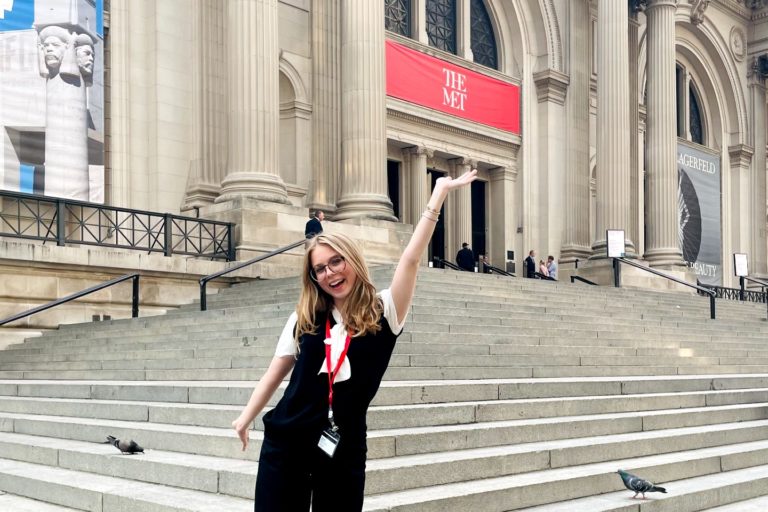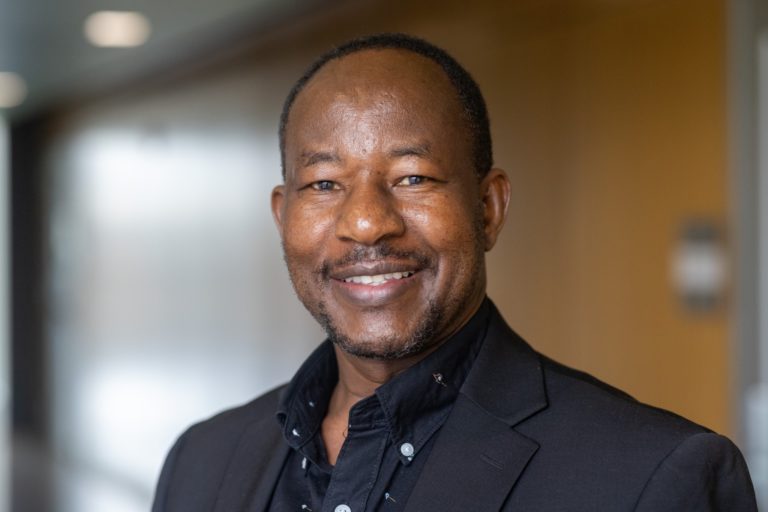Part of Michigan State University’s Film Studies Program core faculty for five years, Kaveh Askari is now the director of the program. He began his tenure as Film Studies Director in August 2021.
“The students and the faculty in the Film Studies Program have a proven record of showing up for each other’s projects. I was impressed with the speed with which the Film students restarted their in-person academic, creative, and club activities this year,” Askari said. “One of my goals as director is to build on that strong sense of cohort and community by expanding experiential learning opportunities. These will include new production internships, study abroad opportunities at major film festivals, and workshops with moving-image archivists.”
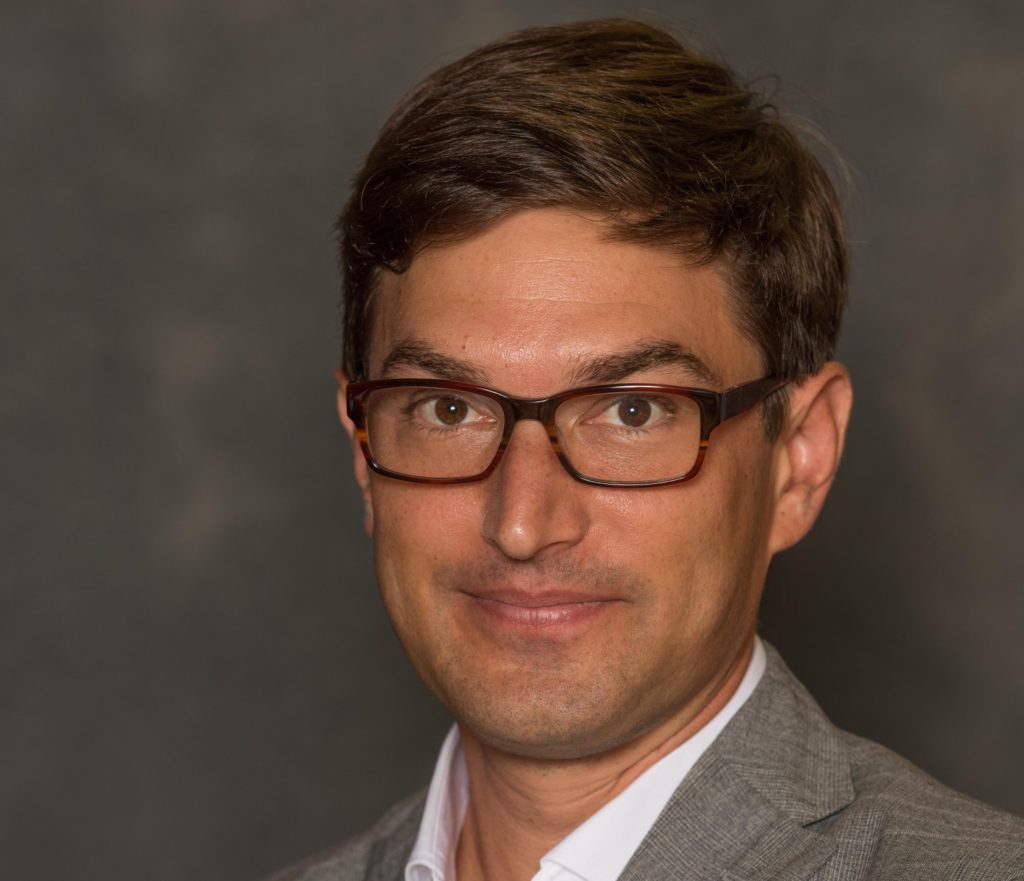
An Associate Professor in the Department of English, Askari’s research and teaching focus on the cinema and media history in a global context. His areas of interest include art cinema, media circulation, film and the other arts, and cinemas of the Middle East.
“We are delighted to continue the Film Studies Program’s tradition of strong leadership under Dr. Askari. An internationally renowned film historian with expertise in Middle Eastern and global cinemas, as well as early cinema, Dr. Askari is perfectly positioned to expand the international reach of our teaching and research missions,” said Justus Nieland, Chairperson of the Department of English. “He has hit the ground running, developing an exciting new study abroad program at the Toronto International Film Festival that is set to launch next fall. With Dr. Askari’s leadership, we can be assured that Film Studies will remain at the center of a thriving arts culture on MSU’s campus.”
An internationally renowned film historian with expertise in Middle Eastern and global cinemas, as well as early cinema, Dr. Askari is perfectly positioned to expand the international reach of our teaching and research missions.
Justus Nieland, Chairperson of the Department of English
Askari has taught classes at MSU on histories of world cinema, classical film theory, and cinemas of the Middle East. He also is an affiliated faculty member of both the Global Studies in the Arts and Humanities Program and the Muslim Studies Program.
“Working with MSU Film students during my four years here has been a genuine pleasure,” Askari said. “They are smart, curious, and deeply committed to making and studying creative film and media.”
Prior to coming to MSU, Askari was an Associate Professor in Residence for the Department of Communication at Northwestern University in Qatar from 2015-2017. He also served on the faculty in the Department of English at Western Washington University from 2007-2017.
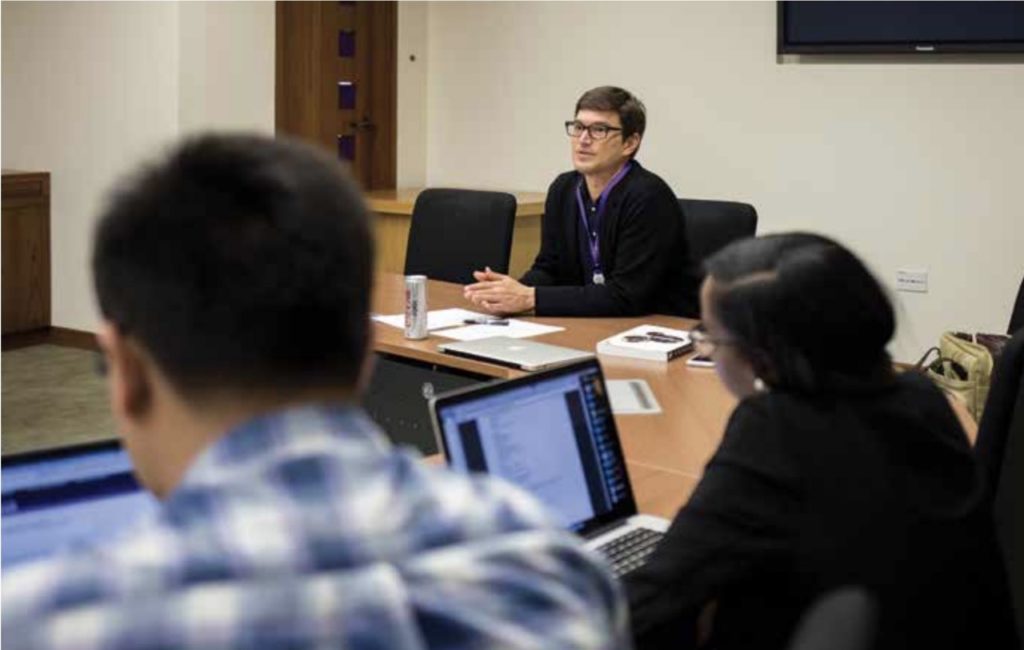
During his time teaching at Western Washington University, Askari wrote and published his first book, Making Movies into Art: Picture Craft from the Magic Lantern to Early (British Film Institute, 2014), which tracks early cinema’s connections to the pictorial arts and to art education. That same year, he co-edited Performing New Media, 1890-1915 (John Libbey, 2014), a collection of essays that recounts histories of moving-image media and performance in years prior to World War I.
His latest book, Relaying Cinema in Midcentury Iran: Material Cultures in Transit (University of California Press), to be released in January 2022, covers the circulation of film in Iran before imported film influenced Iran’s eventual prominent contributions in world cinema.
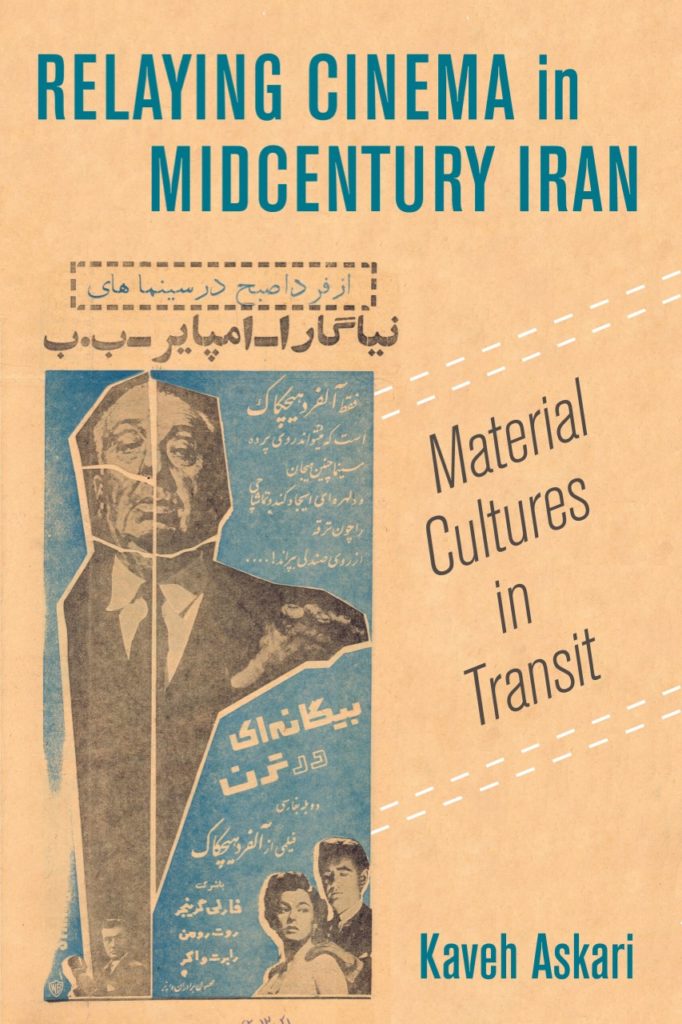
Askari also has co-edited special issues of Film History (South by South/West Asia: Transregional Histories of Middle East –South Asia Cinemas), the Journal of Religion and Popular Culture (Locating Muslim Cinemas), and Early Popular Visual Culture (Early Cinemas of the Middle East and North Africa). He’s also the author of numerous articles and short pieces and is the recipient of several national awards, grants, and fellowships.
Askari has served on the executive committee for Domitor, the International Society of Early Cinema Studies, on the jury for the Aljazeera International Documentary Film Festival, as co-chair of the host committee for the Seattle Society for Cinema and Media Studies conference, and as co-chair of the SCMS Middle East Caucus. He has collaborated on several film programs with institutions including the Pacific Film Archive, Il Cinema Ritrovato, and the Doha Film Institute.
The Film Studies Program is robust and ready for growth in the coming years. We are in a good place thanks to Joshua Yumibe’s inspiring work over the past nine years.
Kaveh Askari, Director of MSU’s Film Studies Program
He has both a Ph.D. and an M.A. from the University of Chicago and a B.A. from New College of Florida. He completed an Andrew W. Mellon Postdoctoral Fellowship in the Humanities in the Department of Film and Media at the University of California, Berkeley, in 2005-2007, and was an Andrew W. Mellon for Research in Original Sources, Council on Library and Information Resources in Washington, D.C., in 2004-2005.
As the Film Studies Director at MSU, Askari is responsible for the overall operation of the program. He succeeds Dr. Joshua Yumibe, who directed the program for the previous nine years.
“The Film Studies Program is robust and ready for growth in the coming years. We are in a good place thanks to Joshua Yumibe’s inspiring work over the past nine years,” Askari said. “Film Studies, as a discipline, lends itself well to efforts to globalize the curriculum, to attract international students, and to enhance initiatives around campus that improve the culture around DEI. We will be sure to center these concerns as we continue to build on the program’s strengths.”
Written by Kseniya Lukiy
